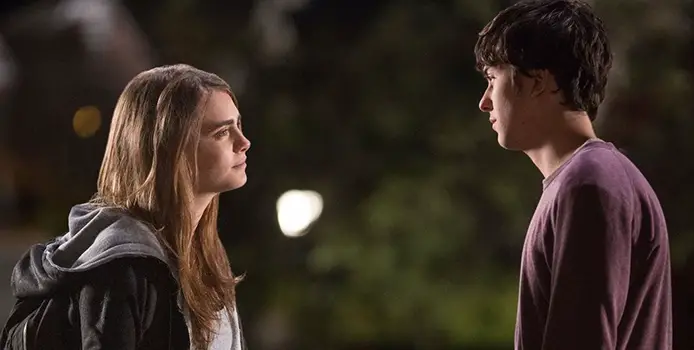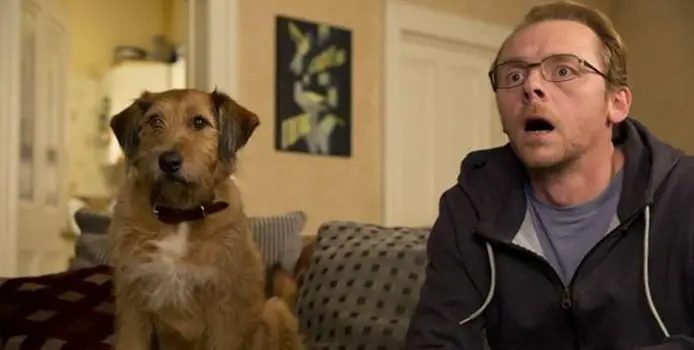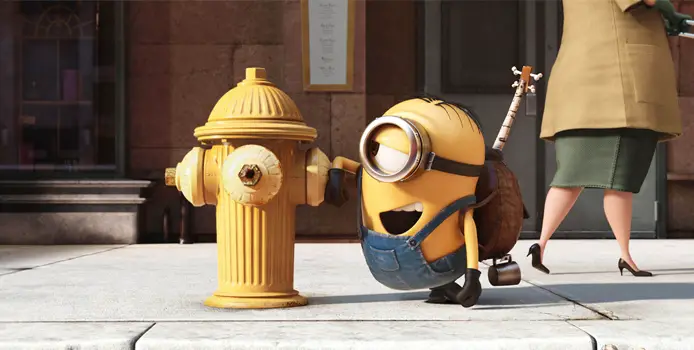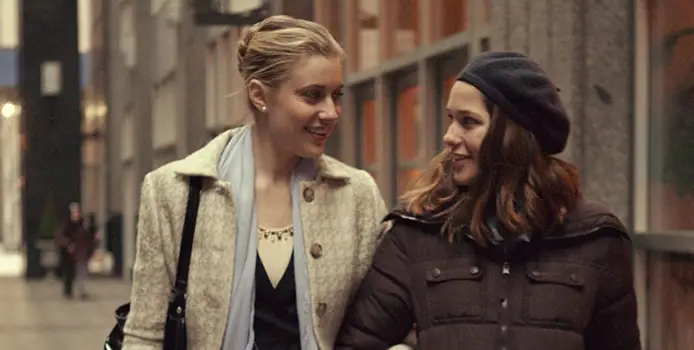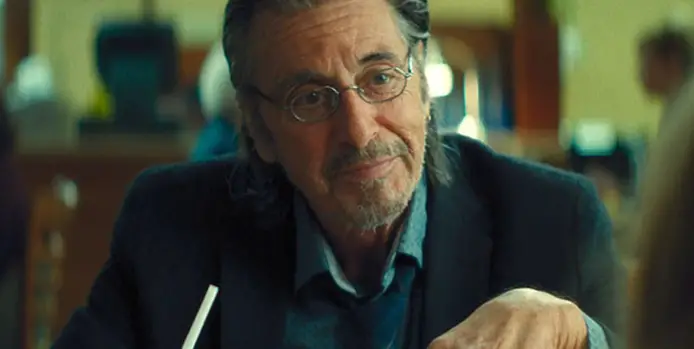2010s
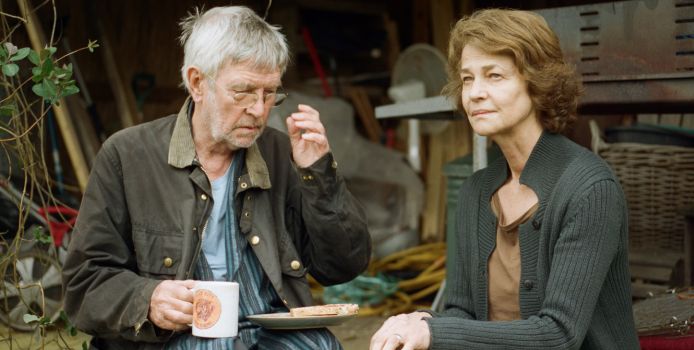
45 Years is unquestionably well-written and well-acted, to such a high degree that is literally impossible to argue otherwise. To say that Charlotte Rampling and Tom Courtenay give two of the most emotionally effective performances of their long and illustrious careers is equivalent to saying that the sky is blue and the world is round; it is so plainly obvious, arguing in its favour seems like a waste of time, as the greatness is clearly there for all to see. Emotionally engaging from the opening minutes On paper, the film feels like the opposite of director Andrew Haigh’s previous film Weekend; that film was about two men who meet and fall in love over the course of (you guessed it) a weekend, after a one night stand turns into something deeper.
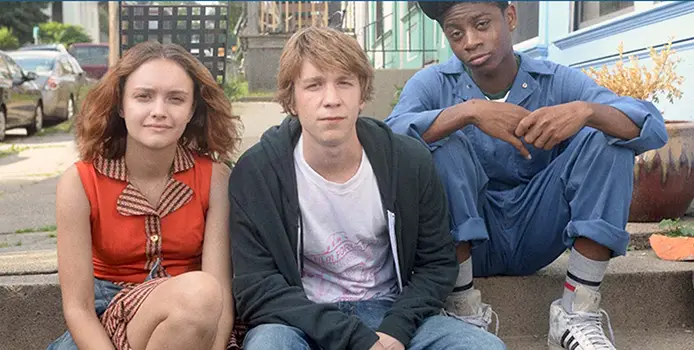
Although not without empathy, it is hard to argue against the statement that teenagers are some of the most self-centred people alive. I know this from being a particularly self-centred teenager, who at thirteen regularly made statements of self-loathing in order to gouge sympathy and attention from my peers. It was an attention seeking phase that I mercifully grew out of very quickly, but I can at least be forgiven for it for being young and stupid.
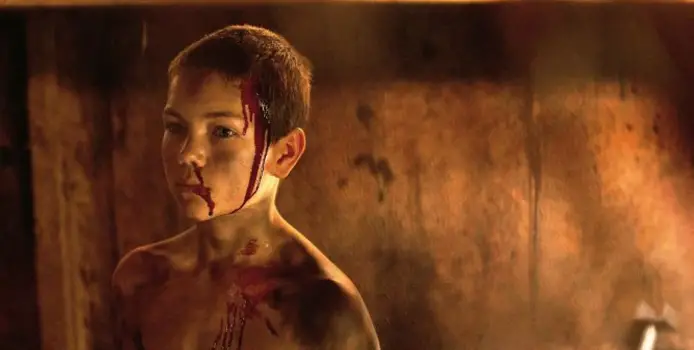
One problem with modern society at the moment seems to be an obsession with nostalgia, which is being milked by marketing companies. This has bled into the hipster movement and has lead to the larger debate of analogue vs digital as digital technologies develop. It is now bleeding into every aspect of pop culture, and it is one which can be seen in film.

Unfortunately, in March of this year, we lost the great documentary film-maker Albert Maysles. With his brother David (who died in 1988), they made some quite important and influential documentaries such as Grey Gardens, Salesman and Gimme Shelter. Their style was using direct cinema; following a subject and shooting a ton of footage without any agenda or plotline planned and creating a documentary in post production.

Even though he’s often stereotyped as solely a director of inferior British gangster films, based on his first two releases Lock, Stock and Two Smoking Barrels and Snatch, Guy Ritchie is actually more of an experimental director than you may initially realise. Even though his early films were successful and enjoyable guilty pleasures, Ritchie had something of an insatiable need to be taken seriously, looking towards the European arthouse for inspiration. His third feature Swept Away, starring his then wife Madonna, was a remake of a satirical 1974 Italian film not widely known to international audiences.
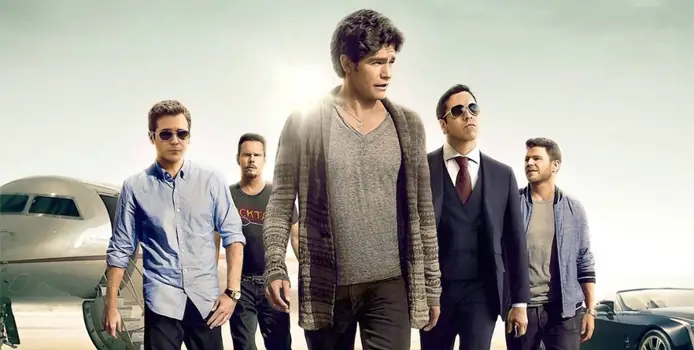
Entourage is an extremely puzzling film. Keeping in mind that the TV show giving rise to the film is superficial in nature, I don’t mean puzzling in the way you’d describe an Alain Renais film as puzzling. No, it is the reasons and decisions around everything to do with the film that I don’t quite understand.

Fantastic Four is a film that people wanted to hate from the start. First, there was the controversial casting of Michael B. Jordan as the traditionally white character Johnny Storm; shortly following this was the discovery that Victor Von Doom was a computer hacker instead of a brilliant inventor; finally, there was the casting itself, which involved younger characters just finishing high school, whereas most adaptations of the story present the Fantastic Four as adults.
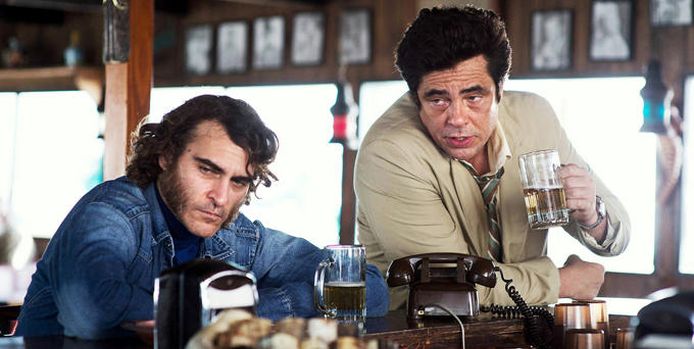
If it were not for Paul Thomas Anderson, there is a (very) good chance I wouldn’t be interested in writing about movies. It is because of his films that I take time to write for this humble little website. When I was a high school senior in 2009, my interest in movies inflated dramatically, and I watched a movie just about every night.


